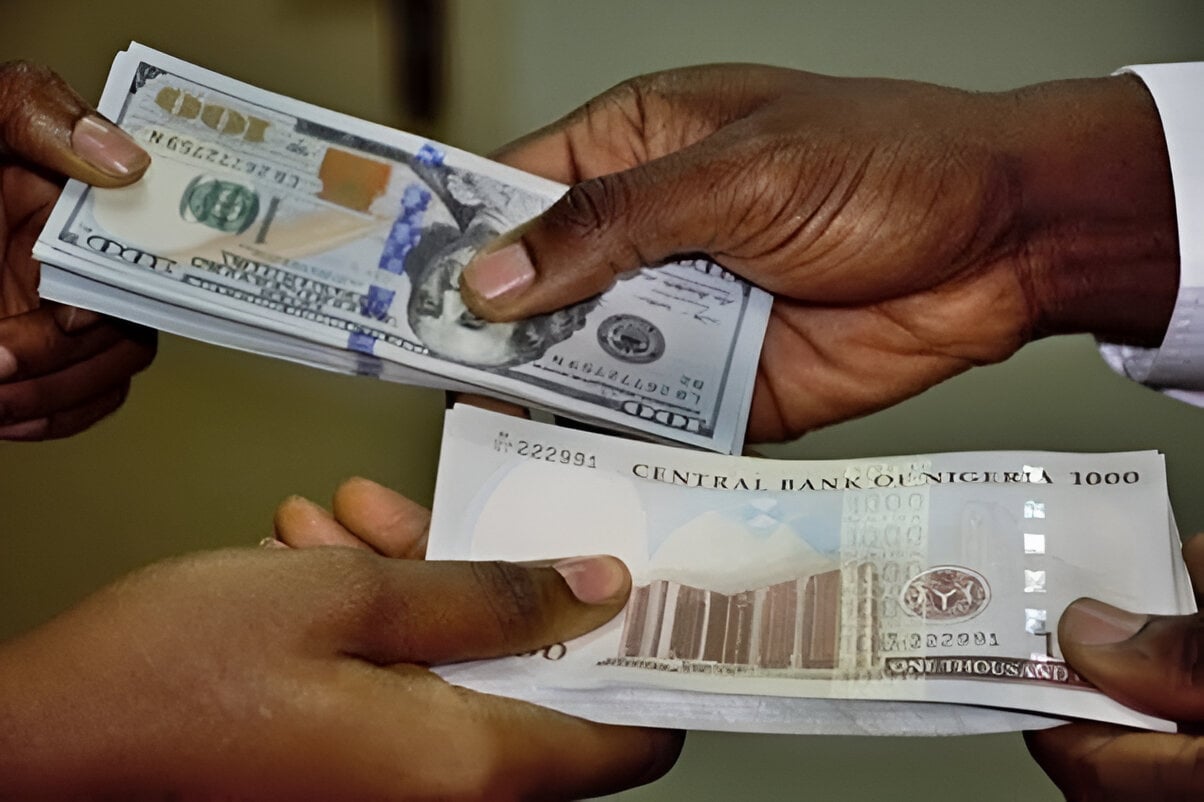
What Impacts the Dollar to Naira Exchange Rate?
Author Eyitemi Efole
The dollar-to-naira exchange rate is a crucial economic indicator in Nigeria, affecting everything from the cost of goods and services to inflation rates and government policies. Understanding the factors that drive this exchange rate can help individuals and businesses make informed financial decisions. Here, we explore the primary factors impacting the dollar-to-naira exchange rate and what they mean for the future of Nigeria’s currency.
Key Factors Affecting the Dollar-to-Naira Exchange Rate
1. Global Economic Conditions
- Global Economic Growth and Recession: The strength of the U.S. economy has ripple effects on currencies worldwide. When the U.S. economy grows, the dollar strengthens, making it more expensive for the naira. Conversely, during a global recession, the dollar may weaken, sometimes leading to more favorable rates for Nigeria.
- Interest Rate Differentials: Differences between U.S. and Nigerian interest rates play a significant role. When the U.S. Federal Reserve increases interest rates, the dollar becomes more attractive to global investors, often drawing investment away from Nigeria and pressuring the naira.
- Global Commodity Prices, Especially Oil: Oil prices heavily influence Nigeria’s dollar reserves. A drop in oil prices leads to decreased dollar reserves, creating scarcity and driving up the cost of dollars relative to the naira.
2. Domestic Economic Factors
- Economic Growth and Inflation in Nigeria: Nigeria’s economic stability, growth, and inflation levels impact the naira's value. High inflation typically reduces purchasing power and weakens the currency, while steady growth can support a stronger naira.
- Government Policies: Both monetary and fiscal policies affect exchange rates. Expansionary policies, which increase the money supply, can lead to naira depreciation. Restrictive measures, on the other hand, may stabilize it. Regulations impacting trade, foreign investment, and economic diversification further influence the naira.
- Foreign Direct Investment and Remittances: FDI and remittances are essential for dollar inflows. Higher FDI bolsters dollar supply, easing pressure on the naira. Remittances from Nigerians abroad are another key source of dollars, helping stabilize the exchange rate.
3. Political Stability
- Investor Confidence and Stability: Political stability is crucial for investor confidence, especially in developing markets. Periods of uncertainty, such as elections or political transitions, often cause investors to pull out, leading to a weaker naira.
- Elections and Political Transitions: Political transitions often bring economic uncertainty. Investors tend to be cautious during election periods, leading to a decline in foreign investments and increased demand for dollars as a hedge, which can devalue the naira.
4. Foreign Exchange Market Dynamics
-
Currency Speculation and Market Sentiment: Speculative activities in the currency market impact the dollar-to-naira exchange rate. If traders expect the naira to weaken, they may engage in more dollar buying, causing the rate to shift.
-
Foreign Exchange Reserves and Central Bank Interventions: The Central Bank of Nigeria (CBN) plays an active role in stabilizing the naira by intervening in the foreign exchange market. A higher reserve provides the CBN with more leverage to stabilize the currency. However, dwindling reserves reduce its ability to keep the naira stable against the dollar.
5. Supply and Demand of Dollars
-
Dollar Demand from Importers and Foreign Investors: Nigeria's reliance on imports for goods and services means a high demand for dollars, which drives up the dollar-to-naira rate. Foreign investors also require dollars to repatriate profits, adding to the demand.
-
Dollar Supply from Exporters and Foreign Remittances: Dollar inflows from exports (especially oil) and remittances contribute to supply, influencing the exchange rate. For instance, increased export revenue strengthens the naira by increasing dollar availability. Remittances, which bring in billions yearly, also boost supply and can help stabilize the currency.
The Future of the Dollar to Naira Exchange Rate
Predicting the future of the dollar-to-naira exchange rate involves analyzing economic trends and policy decisions at both national and global levels. While short-term fluctuations are inevitable, understanding possible future trends can be valuable for individuals and businesses alike.
1. Potential Trends and Predictions: With a global shift towards de-dollarization and increased currency diversification, the dollar's dominance might face pressure in the long term, potentially stabilizing or even strengthening the naira. Additionally, if Nigeria makes progress in diversifying its economy and reducing its dependence on oil, this could bring stability to the naira by improving dollar reserves and reducing the economy’s sensitivity to global oil prices.
2. Technological Advancements in Finance: The rise of digital currencies and advancements in financial technology (fintech) could also impact the exchange rate. Blockchain and cryptocurrency adoption in Nigeria offer alternative solutions for transactions and may reduce reliance on dollar transactions, easing pressure on the naira.
3. Increasing FDI and Remittances: If Nigeria continues to attract foreign direct investment (FDI) in sectors like technology and manufacturing, this influx can provide a consistent supply of dollars. Additionally, boosting remittance flows from the Nigerian diaspora can serve as another source of stability for the naira.
Strategies to Mitigate Exchange Rate Risks
Given the volatility of the dollar-to-naira exchange rate, individuals and businesses in Nigeria can take several proactive steps to manage currency risk:
● For Businesses:
○ Hedge Currency Risk: Consider hedging against currency risk by engaging in forward contracts or currency swaps. This can protect businesses with international suppliers or clients from unexpected exchange rate fluctuations.
○ Diversify Currency Holdings: Keeping reserves in multiple currencies or investing in foreign assets can reduce exposure to naira volatility.
● For Individuals:
○ Save in Foreign Currency Accounts: Many banks in Nigeria offer dollar-denominated accounts, which allow individuals to save in a stable currency.
○ Use Fintech Solutions for Better Exchange Rates: Platforms like nairacompare. ng offers up-to-date comparisons of exchange rates, savings, and investment options, allowing individuals to find favorable rates and make well-informed decisions.
Conclusion
Understanding the factors that impact the dollar-to-naira exchange rate is essential for anyone engaged in the Nigerian economy. From global economic conditions and domestic policies to political stability and market dynamics, each element plays a role in shaping the naira's value against the dollar. As we look to the future, staying informed on these indicators can offer a strategic advantage, helping individuals and businesses make the most of their resources.
About Author

Eyitemi Efole
Eyitemi Efole is exploring the marketing field, with a particular interest in brand management, strategy, and operations. She is keen on understanding how brands build trust and connect meaningfully with their audience.
.png?width=1615&height=444&name=nairaCompare%20Christmas%20logo%20(PNG).png)









